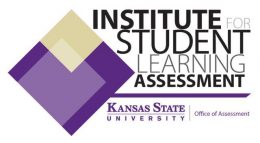 “100% of why I think we have continued to make progress and were not stagnate is because of the faculty.” Dr. Irma O’Dell is a senior associate director for academic affairs and associate professor of leadership studies. O’Dell came to Kansas State University about 15 years ago. When she first arrived she worked for Linda Thurston for two years. And then joined the Staley School of Leadership Studies, which is where she is now, going on her 13 years a Kansas State University.
“100% of why I think we have continued to make progress and were not stagnate is because of the faculty.” Dr. Irma O’Dell is a senior associate director for academic affairs and associate professor of leadership studies. O’Dell came to Kansas State University about 15 years ago. When she first arrived she worked for Linda Thurston for two years. And then joined the Staley School of Leadership Studies, which is where she is now, going on her 13 years a Kansas State University.
O’Dell recalled the memories of when she first came to the Staley School and learned that there were 16 student learning outcomes, which she thought was a little much. She also recalled that there were several per class and then after some time and talking they decided that they needed to make some adjustments. “It’s been a process,” O’Dell stated. They did not reduce their student learning outcomes overnight, it happened over time.
The Staley school make O’Dell very proud because they not only want to interact with their students, but they also want them to use their leadership skills and talents to make a difference. “That’s something we’re really proud of, and in order to do that we create partnerships with not only individuals on campus, but also individuals in the community as well as the surrounding community.”
The faculty is a contributing factor to the success of the school. “We would not have these SLOs (student learning outcomes) or SDOs (student development outcomes) without the faculty.” O’Dell said that even though she’s the one that’s gathering the information and putting it together, they’re the ones that deliver in the classroom.


